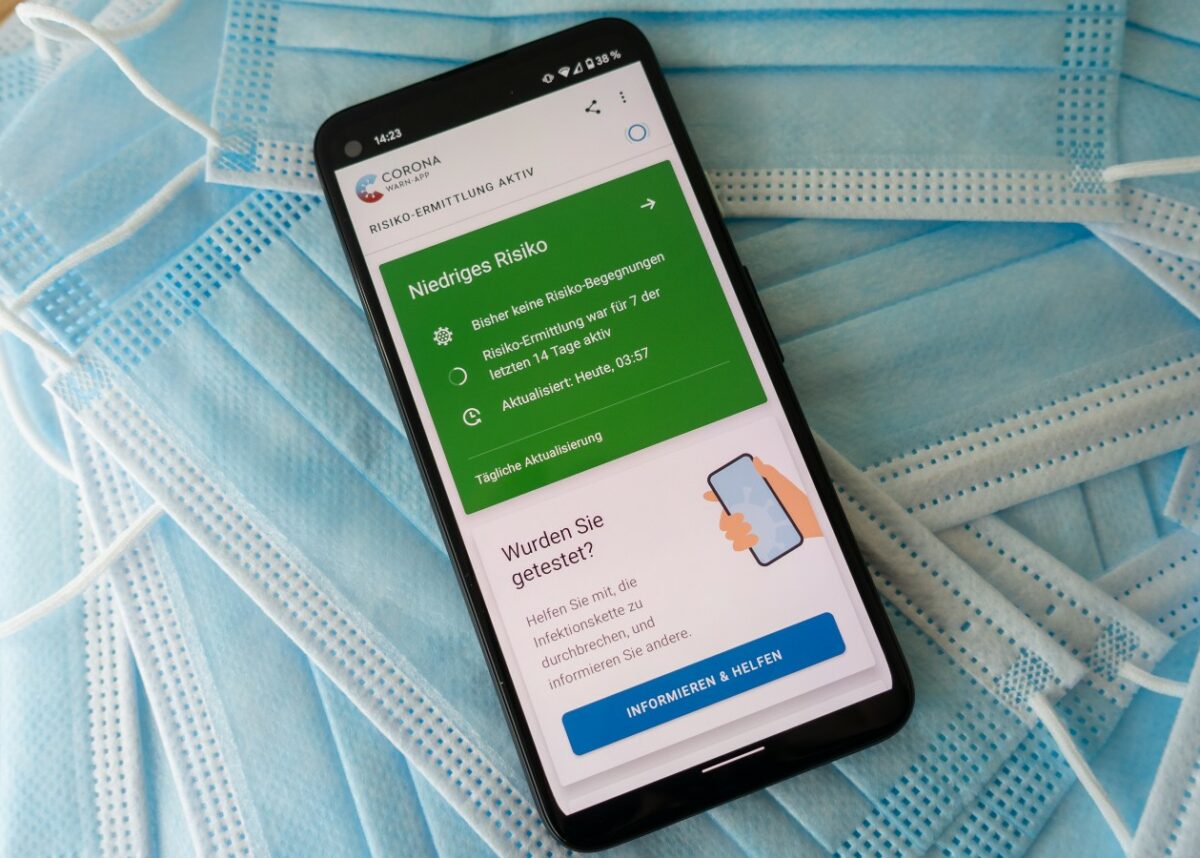Emily Yarrow, University of Portsmouth and Julie Davies, Manchester Metropolitan University
Despite the lifting of most legal COVID-19 restrictions on July 19, the pandemic’s effect on the health, economy and wellbeing of the English public is far from over. The latest development is in the form of the “pingdemic” –- the term referring to the hundreds of thousands of people who have been instructed to self-isolate in recent weeks via the NHS COVID-19 track and trace app.
The so-called pingdemic has had a massively disruptive effect on businesses, who are suffering from widespread staff shortages across sectors. Another casualty is the food supply chain. We are missing items on our supermarket shelves as a result of shortages of workers both because of the pingdemic and Brexit complications.
Meanwhile, there are concerns that people may be deleting or disabling the app, posing a threat to the attempts to control the spread of COVID variants. Business leaders, confused by conflicting government guidance, are now caught between the need to protect their employees’ health and safety, and to avoid the financial impact of closures after many months of lost income.
The government has attempted to combat this through an emergency plan to exempt NHS staff and some key workers, such as in the food supply industry, from isolating if they are pinged, so long as they take daily COVID tests and are fully vaccinated. But food bosses say they have not been properly briefed on what they think is a bureaucratic process to exempt workers.
The app, despite its various flaws, is doing what it is designed to do -– businesses cannot ignore requirements to self-isolate, but must be flexible in how they handle employees who have been pinged.
Of course, as has been highlighted throughout the pandemic, there is a vast gap between jobs that can and cannot be done remotely. While no solution will be one-size-fits-all, there are a few things that businesses affected by isolating workers can do to mitigate the disruption and ensure the safety of both their employees and their business success.
How can businesses respond?
Now that we are hopefully on the way out of the depths of the pandemic, the pingdemic calls for businesses to persevere and innovate. This means that in the short term, they may need to rotate employees into different roles, as well as change existing ways of working.
Employers should make workplace changes to reduce the likelihood of contact with others and being pinged – whether this means returning to early-COVID days of social distancing, reduced opening hours, or more people working from home.
If they have not done so already, businesses who can afford to should set up isolation funds, independent of the government’s support payments for low-income individuals, to ensure that workers experience no financial impact from being asked to isolate. If a job cannot be done from home, employers could use the opportunity to invest in remote training or development for workers who are healthy but have been asked to isolate.
For sectors like social care and construction, partnerships with employment agencies could temporarily increase their pool of workers and provide a “safety net” of employees.
Businesses in sectors like retail and hospitality may have to initially operate under reduced hours. But looking to the longer term, they could learn to cope with staff shortages in different ways. For example, a warehouse operative may rotate to an administrative position while they are in isolation, or help to train agency workers remotely, or work on their own development and training.

HGV drivers are currently in high demand due to staff shortages in their industry. This has led to a potentially dangerous situation where some are driving for too many hours. Government plans to improve working conditions and recruit more drivers have not been received well, and industry groups are calling for longer-term proposals to combat the shortage, including better pay and new recruitment techniques.
Business leaders, like all citizens, have a moral responsibility to protect others and prevent further pressure on the NHS. They should respond in a way which protects their employees, and gives them adequate financial protection and flexibility to self-isolate, as well as making workplace changes to reduce the likelihood of being pinged.
Finally, as much as the pingdemic is a concern, it may also be a distraction from wider sociopolitical issues like Brexit, an ageing population, inflation and increasingly also youth unemployment – not to mention the continuing health threat of COVID-19.
Emily Yarrow, Senior Lecturer in International Human Resource Management, University of Portsmouth and Julie Davies, Reader in Leadership & Development, Manchester Metropolitan University
This article is republished from The Conversation under a Creative Commons license. Read the original article.












